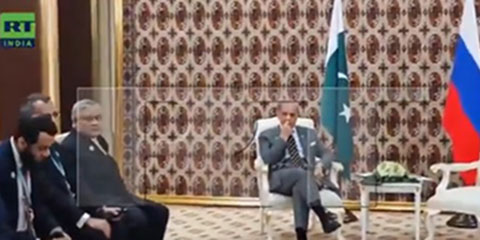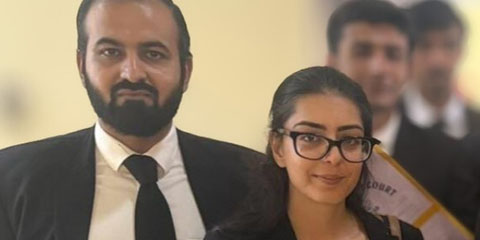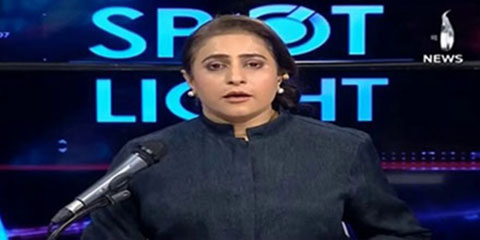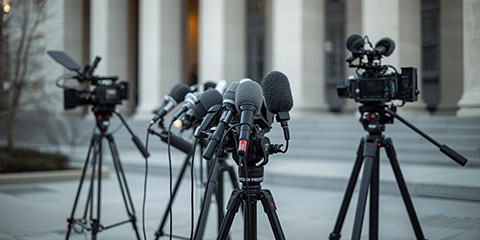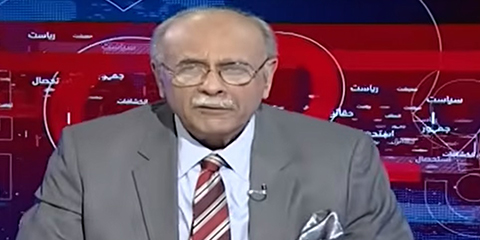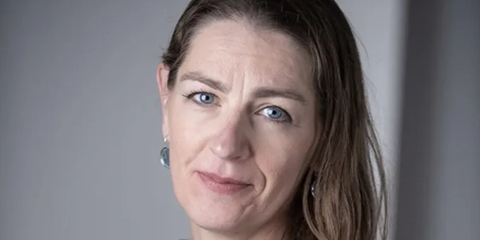Chronicles of Shame: Watchdog releases Press Freedom Barometer 2018
JournalismPakistan.com | Published 7 years ago
Join our WhatsApp channel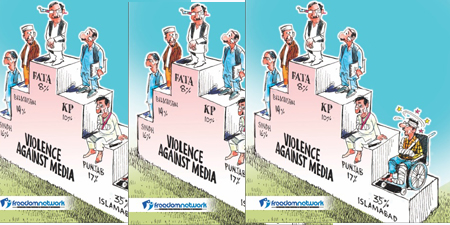
ISLAMABAD - An award-winning Pakistan-based media rights watchdog Freedom Network has recorded over 150 cases of attacks and violations against media and its practitioners, including journalists, in Pakistan in the last one year, signifying a worryingly escalating climate of intimidation and harassment that is adversely affecting the freedom of expression and access to information environment.
Freedom Network (FN) released its Press Freedom Barometer 2018 monitored from May 1, 2017, to April 1, 2018, to mark the International Press Freedom Day that falls on May 3.
Based on actual events, FN noted that at least 157 cases of attacks and violations were documented across all four provinces, Islamabad and tribal areas. “That’s an average of about 15 cases of violations a month – one every second day. The violations included the killing of journalists, abductions, kidnappings, physical attacks and injuries, arrests, threats and specific cases of harassment,” it said.
The year saw at least five working journalists killed for their work. They were: Abdul Razzaq, correspondent for ARY News TV, in Kasur (Punjab); Bakshish Elahi, the Bureau Chief of K-2 Times, in Haripur (Khyber Pakhtunkhwa); Haroon Khan, a reporter with Sach TV and a stringer for Mashriq TV, in Swabi (Khyber Pakhtunkhwa); Anjum Muneer Raja, a sub-editor with Urdu daily Qaumi Pukaar, in Rawalpindi (Punjab); and Zeeshan Ashraf, correspondent for Nawa-e-Waqt Urdu daily, in Sambrial (Punjab).
Shockingly enough, FN report added that 35 percent of the (55 out of 157) cases were recorded in the federal capital Islamabad, making it the most dangerous place to practice journalism in the country. The most targeted medium remained TV with 85 cases recorded against journalists associated with it compared to print, radio and internet.
After Islamabad, other areas found dangerous for journalists were Punjab being the second worst with 17% of the violations (26 cases) followed closely by Sindh with 16% (25 cases), Balochistan 14% (22 cases) and Khyber Pakhtunkhwa 10% (16 cases). The Federally Administered Tribal Areas (FATA) documented the least number of overall violations at 8% of the total with 13 out of 157 cases.
The FN report also pinpoints the state and its agencies and functionaries as the most severe threat actors targeting media in 39 percent of the incidents, as compared to other actors such as militant groups, political parties, religious groups and criminals. The report also noted a total of 20 cases of attacks on media houses.
“These increased incidents of attacks on the media in Pakistan are a major cause of concern, after a major improvement in law and order situation,” said Freedom Network’s Executive Director Iqbal Khattak. “Return of relative peace and reduction in overall violence could have meant more freedom for journalists to do their jobs freely, but ironically this has not been the case. It is also alarming since the country has a dismal record of persecuting media predators.”
“May 3 this year also comes at a time when the country is poised to undertake one of the biggest democratic exercises of conducting general elections in the coming months. We appeal to all stakeholders to respect media and facilitate it in achieving democratic goals,” Khattak added. – A FN media release/Image: FN




